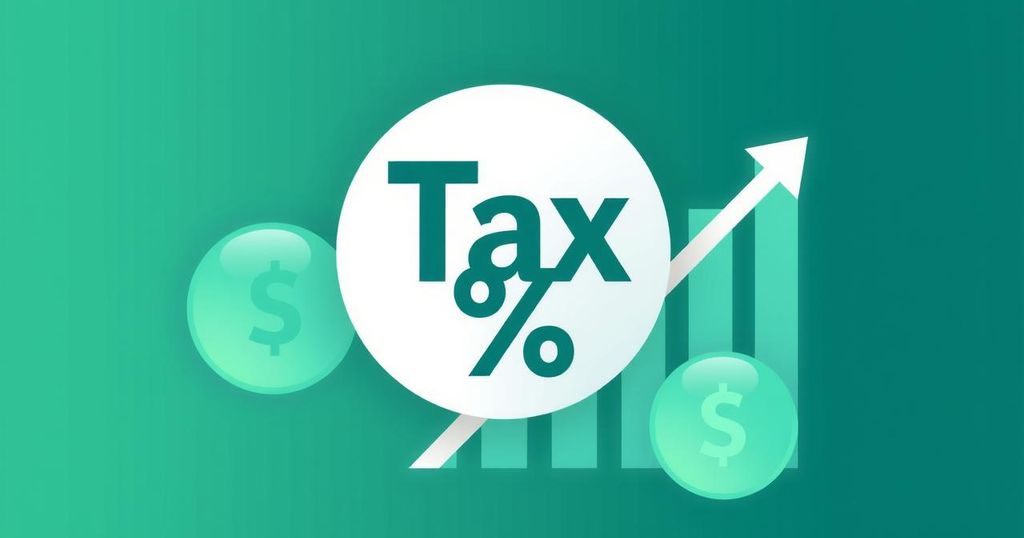Brazil’s Finance Minister Fernando Haddad announced a proposed increase in income tax exemption, anticipating a fiscal impact of 27 billion reais ($4.75 billion) annually. He assured that measures would be in place to offset this effect, ensuring the proposal’s sustainability within public accounts.
On Monday, Brazilian Finance Minister Fernando Haddad stated that the government’s proposal to increase the income tax exemption would result in a fiscal impact of 27 billion reais, equivalent to approximately $4.75 billion, on annual public accounts. Haddad has previously indicated that this fiscal effect would be fully mitigated by implementable compensatory measures.
Currently, the exchange rate stands at $1 equating to 5.6886 reais. The introduction of this tax exemption aims to relieve financial burdens on certain income groups while ensuring that the public fiscal situation remains stable through offsetting strategies.
This announcement was reported by reporters Victor Borges and Bernardo Caram in Brasilia, with additional writing contributed by Andre Romani. The implications of this tax proposal remain to be examined closely, particularly regarding the specifics of the compensatory measures mentioned by Minister Haddad.
In summary, Brazil’s initiative to raise income tax exemptions could significantly impact public finances, with an estimated annual cost of 27 billion reais. Finance Minister Fernando Haddad assures that compensatory measures will counterbalance this fiscal change. The financial strategy reflects an intent to support individuals while maintaining economic stability within the nation.
Original Source: money.usnews.com




